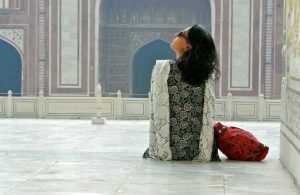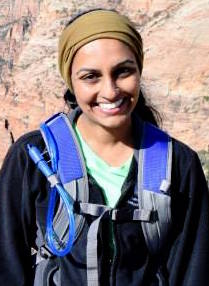With the Johns Hopkins University School of Medicine class of 2016 recently graduated and getting ready to enter the workforce as newly minted interns — congratulations and good luck! — the class of 2017 is preparing to apply for residency.

Or are they?
Each year, a significant portion of rising fourth years choose to delay graduation to pursue another passion, whether it be a startup, consulting, research or another degree — and this year is no different.
A common choice of students who choose to take a gap year is to add public health training to their career. For many, this is accomplished by obtaining their M.P.H. at the Johns Hopkins Bloomberg School of Public Health, right across the street from the hospital. Others apply for Dean’s Year Funding, a stipend that allows them to pursue research interests for a full academic year before returning to the medical school curriculum.
The class of 2017 has active participants in both these opportunities, but they have also branched out of the city of Baltimore, and even out of the state of Maryland. Several individuals have decided to head to Harvard for degrees, including an M.P.H. and M.B.A. Another individual will be pursuing his M.P.H. in Paris, courtesy of the Fulbright Scholar Program.

Aparna Krishnan, a recipient of the Doris Duke International Clinical Research Fellowship through the University of North Carolina at Chapel Hill, is going to be headed to Hanoi, Vietnam, for a year. For her, taking the year off was an easy decision. “I wanted to reimmerse myself in the public health and global health fields full time. I was looking for strong mentorship and training in field work, particularly development of community-based interventions. Lastly, it was very important for me to travel and live internationally, integrate into another culture, and form relationships with people across the world,” she says.
Krishnan is planning to do research on HIV care, connection to HIV clinics and adherence to traditional HIV drug therapy among high-risk men who have sex with men in Hanoi. During her year there, she will be piloting an evidence-based mHealth (mobile technologies on tangible health outcomes) intervention, in hopes of making a difference in marginalized populations through social networks.
While she’s looking forward to the opportunity, she’s also a little nervous. “I’m excited to learn skills that will help me become a better global health researcher,” she notes. Even though she’s travelled internationally and lived abroad for extended periods of time before, she shares, “This will be the first time that I'm going to be living in a huge metropolitan city, in a culture and language I know nothing about!”
Although she will not be graduating on the same timeline as much of her original medical cohort, Krishnan has no regrets. “To be honest,” she says, “it doesn’t even feel like I’m leaving my class since so many of my peers are taking a year or more off as well.”